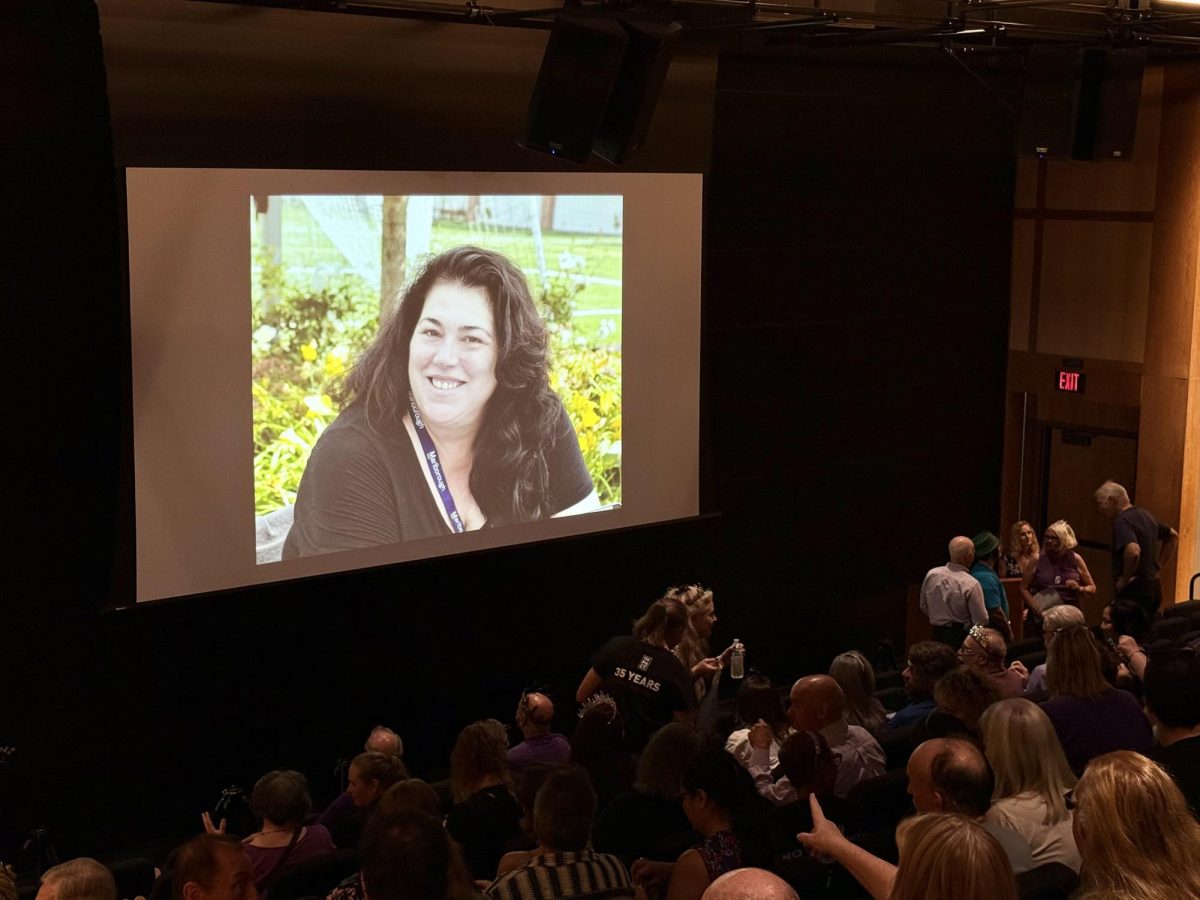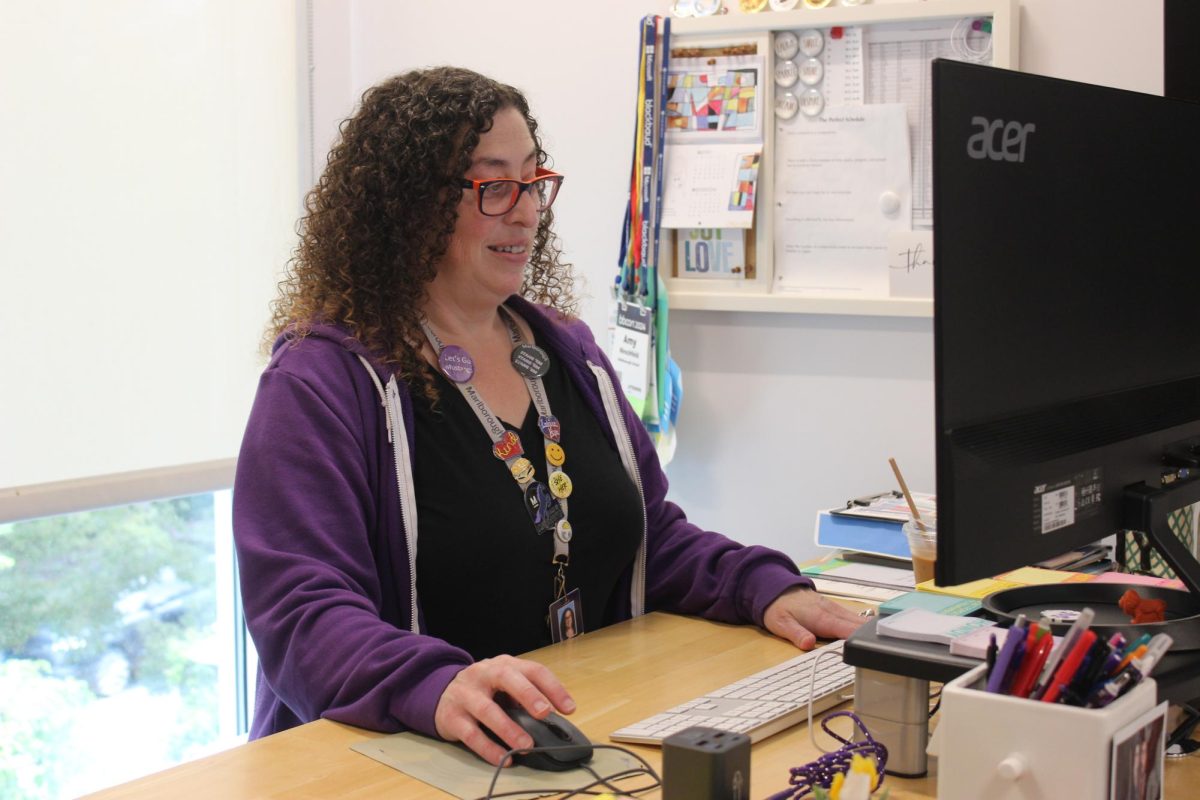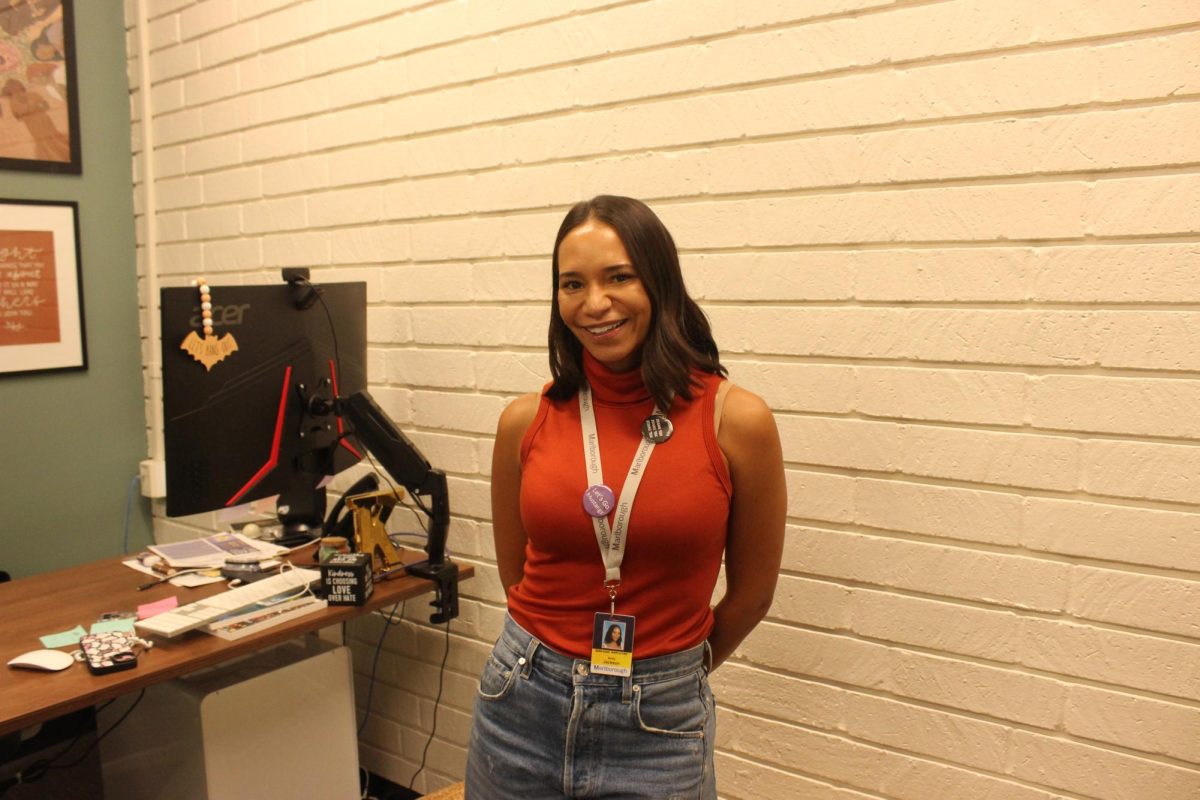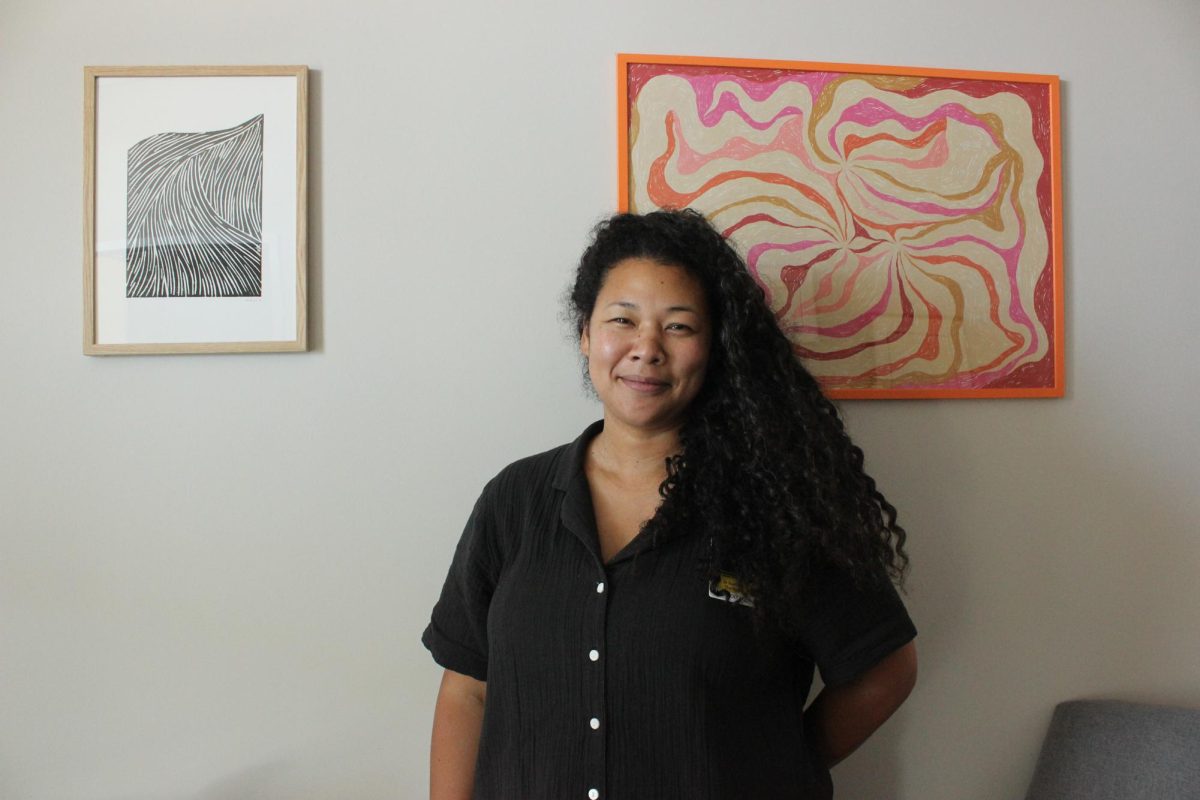
Marlborough School’s Campus Environmental Committee (CEC) wrote a proposal, approved by the administration on Thursday, Feb. 9, to stop selling water bottles on campus starting the week of April 22 (Earth Week).
This proposal arose following at least two years of discussion among CEC members, including faculty and students, according to All-School Vice President and Environmental Representative Ally ’17. The students involved in CEC decided they wanted to move beyond conversation and finally arrive at a conclusion regarding the School’s approach to the sale of disposable water bottles on campus.
“[CEC] thought that it was a good time to really make a change in the campus consumption of plastic…we really wanted to do something this year, rather than talking about it,” Ally said.
While there are some members of the School community who are opposed to the ban, the majority are in favor of it. In response to a survey sent out at the beginning of the year, 84.6 percent of the 228 student respondents said they be okay with the School getting rid of water bottles.
“I think it is important that we look at the environmental aspects…this would be a step in the right direction of removing waste,” Alexis ’22 said.
On the other hand, Nina ’18 expressed a negative opinion of the ban.
“I’m not a fan. Truthfully, I think that the water bottle ban is unnecessary,” Nina said. “This makes me want to rebel against the rule. Most of the time, I bring a reusable water bottle to school, but now I want to buy plastic cups just to prove a point.”
According to Science Department Head Jennifer Garrison Ross, the majority of pushback in the past has come from the Athletic Department which is concerned about hydrating student athletes and spectators at athletic events.
Garrison Ross said the sports issue would be addressed by having jugs of water along with disposable paper cups available at sporting events, which is preferable both because it would produce less waste and because paper is less harmful to the environment than plastic.

Members of CEC said that they hope this change will allow students to be more conscious of their impact on the environment and more aware that their actions can have an environmental impact.
“This is a change in behavior that will be long-lasting…small changes in your behavior can make a big difference in the health of the planet,” science instructor and CEC advisor Lisa Ellis said.










